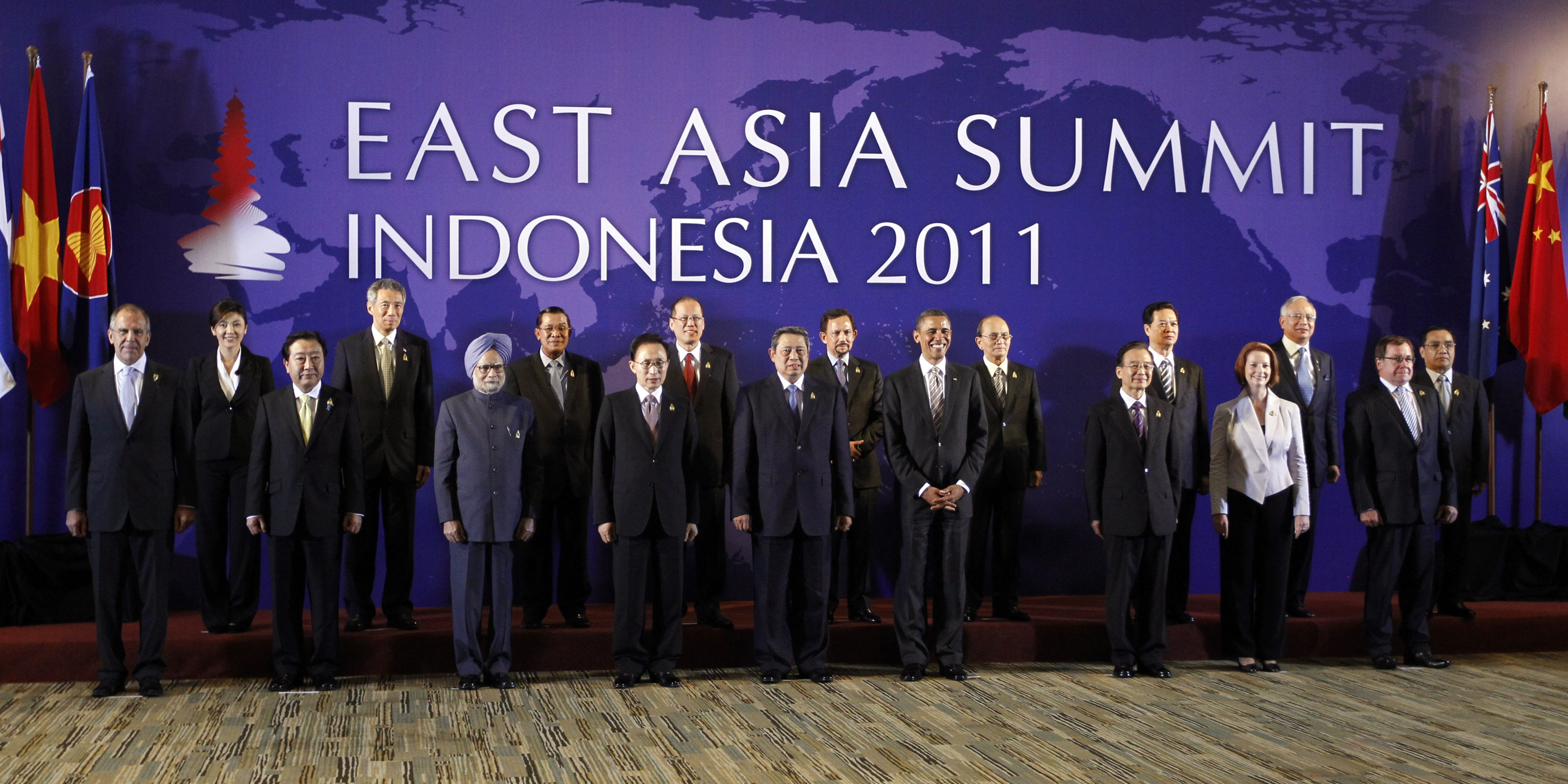
Saudi Arabia has announced its involvement in Project mBridge
Saudi Arabia has announced its involvement in Project mBridge...
The financial world is bracing for a significant upheaval following Saudi Arabia's decision not to renew its 50-year petro-dollar deal with the United States, which expired on Sunday, 9 June, 2024.
The crucial decision to not renew the contract enables Saudi Arabia to sell oil and other goods in multiple currencies, including the Chinese RMB, Euros, Yen, and Yuan, instead of exclusively in US dollars. Additionally, the potential use of digital currencies like Bitcoin may also be considered.
This latest development signifies a major shift away from the petrodollar system established in 1972, when the US decoupled its currency from gold, and is anticipated to hasten the global shift away from the US dollar.






